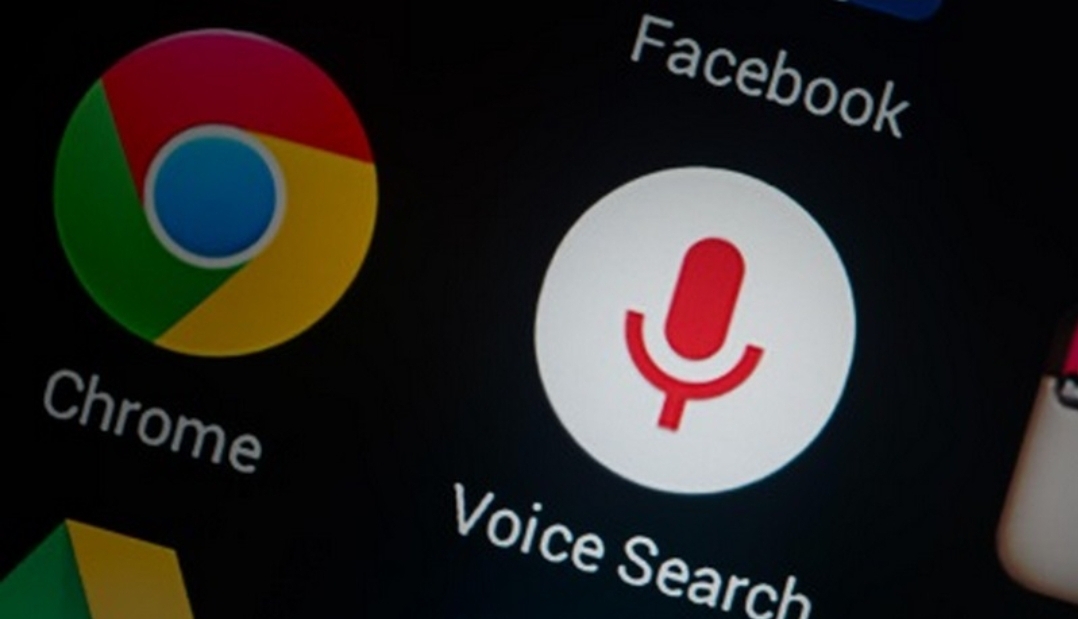Twi joins Google’s language expansion, bringing voice accessibility to millions in Ghana

Google has announced that Twi, one of the most widely spoken languages in Ghana, is now available on Google Voice Search, Gboard’s talk-to-type feature, and Google Translate’s voice input. This addition is part of Google’s efforts to broaden language accessibility across Africa, introducing 15 new languages and reaching more than 300 million people across the continent.
The inclusion of Twi in Google’s language offerings enables Ghanaians to search, type, and translate in their native language using voice commands. This is particularly impactful in a country where Twi serves as a major communication medium for millions, fostering digital accessibility and convenience in daily interactions.
This development results from collaboration between Google and its AI Research Center in Accra, Ghana. The local AI center played a significant role in training voice recognition models and ensuring that the Twi dialect is accurately represented in Google’s systems. By working closely with native speakers, Google was able to enhance its language tools to reflect authentic Twi pronunciation, vocabulary, and nuances, providing a smoother and more natural user experience.
“We’re thrilled to offer Twi as a language option in our voice recognition tools, making it easier for Ghanaians to connect with the world through technology,” a Google spokesperson stated. “This update is a step towards greater inclusivity, allowing millions to navigate and interact with digital services in a language they are comfortable with.”
The new language support on Google’s platforms also underscores the company’s commitment to advancing digital inclusivity across Africa, as more than 15 African languages have now been integrated into its language recognition tools. These developments align with Google’s goal to create tech solutions that reflect the cultural and linguistic diversity of its users worldwide.
This update is expected to benefit a broad demographic, from students and professionals to the elderly, allowing them to communicate, search, and type seamlessly in Twi. It’s especially advantageous for non-English speakers in Ghana, helping to bridge the language gap in accessing online information and services.
Ghanaians can now explore the new Twi language options on their mobile devices, making the digital experience more accessible and enriching for millions across the country.




